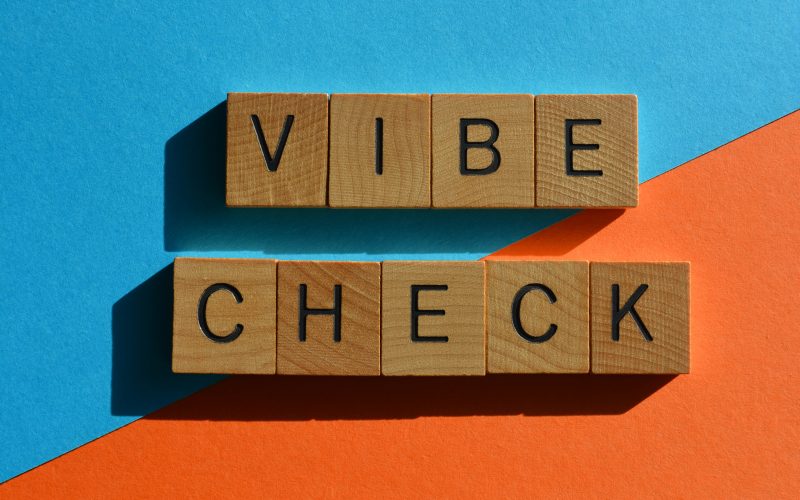For some people, using slang is, like, not the vibe. But for others, it’s hella easy to embrace in everyday life. Valerie Fridland is a professor of linguistics in the English department at the University of Nevada, Reno. She joins host Krys Boyd to discuss why she thinks we should embrace our changing language — slang, vocal fry, and all — and celebrate its ingenuity. Her book is “Like, Literally, Dude: Arguing for the Good in Bad English.”
Blog Post: It’s natural to say “um,” “uh” and other speech fillers
—By Brianna Flores, Think Intern
We usually don’t think too much about the way that we speak, but the words we use can be revealing.
“We get so stuck on this one idea that things are this one thing, and they never can change that,” says our guest, Valerie Fridland. “We don’t open ourselves up to the idea that language is itself an evolutionary process and things have changed so drastically over time.”
This idea is called linguistic elasticity. Still, many people who add slang words into their speech, or repeat transitional words like “so,” tend to hear criticisms from others about how they’re “ruining the English language.”
“We tend to lose linguistic elasticity… we become more apt to think other folks are doing English wrong because it’s different from how we speak,” Fridland says.
People not only tend to criticize one another over word choice, but also the sounds we make in between our words. But there’s a reason this habit is so common.
“We find that filled pauses ‘uh’ and ‘um’ tend to occur most frequently when we’re doing really hard cognitive work,” Fridland says.
Despite people trying to erase their habit of saying “um” and “uh,” psycholinguists say that these filler pauses are beneficial for our language.
“They tend to occur at the beginning of sentences because your brain [is] building the complex syntactic structure of that sentence,” Fridland says. “The more syntactically complex a structure, the more likely a speaker will use ‘uh’ and ‘um.’”
Filler pauses also help us to continue a conversation with someone and let them know when we have further points to make.
“They tell you, as a listener, when I use ‘uh’ or ‘um,’ [it means] I’m coming back, so don’t jump in yet because I’m about to keep going,” Fridland says. “It also flags me as a listener that whatever is coming after the ‘uh and um’ is a particularly difficult or abstract or less common word.”
The sounds we make can help those listening to you mentally prepare for more to come and even remember better what you are about to say.
Even when society thinks filler words and other “flawed” expressions need to be removed, they serve a purpose and are a natural part of evolving linguistic speech.
To learn more about the way we speak, and how we came to use certain dialects and words, listen to the podcast above.





